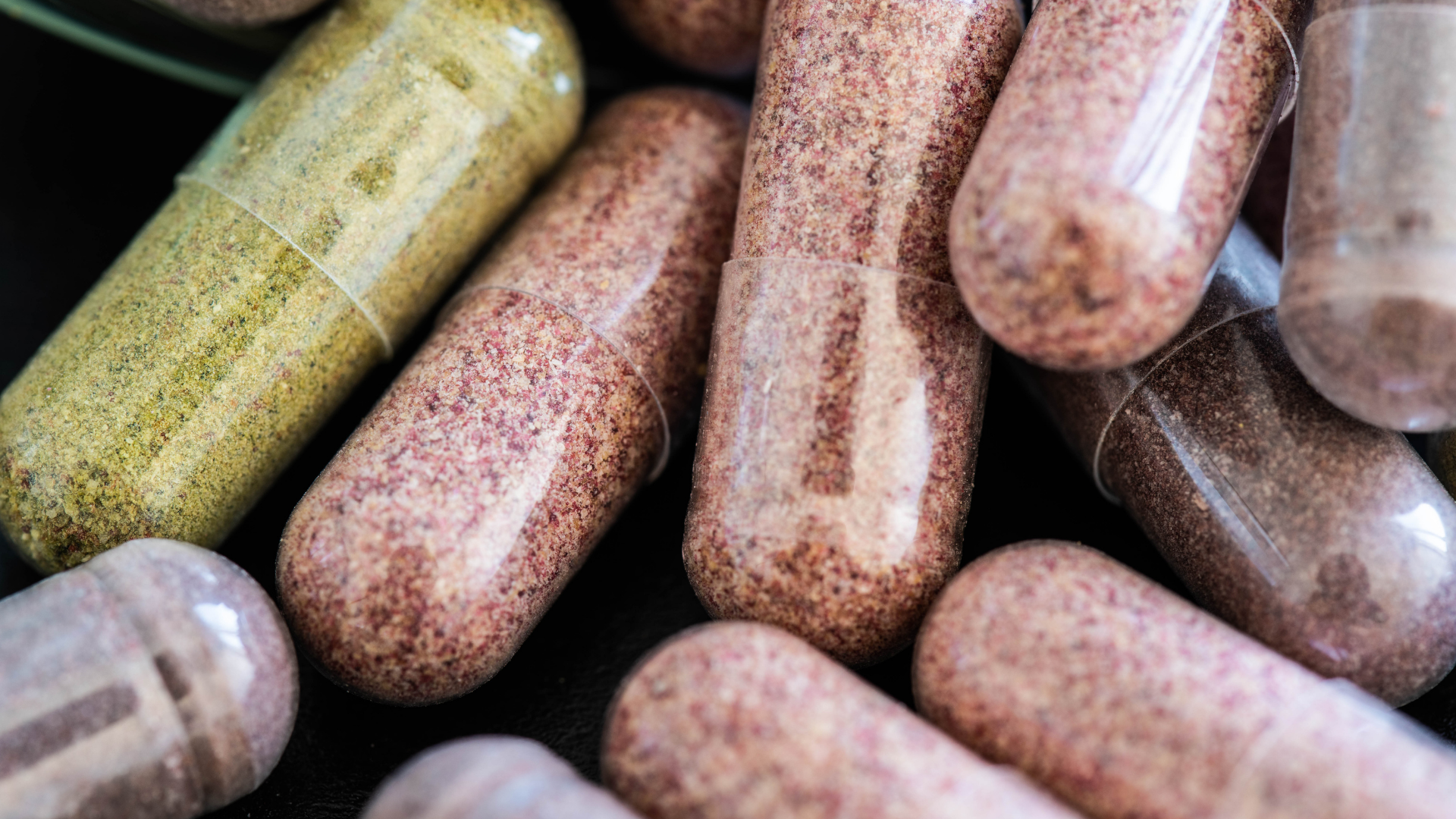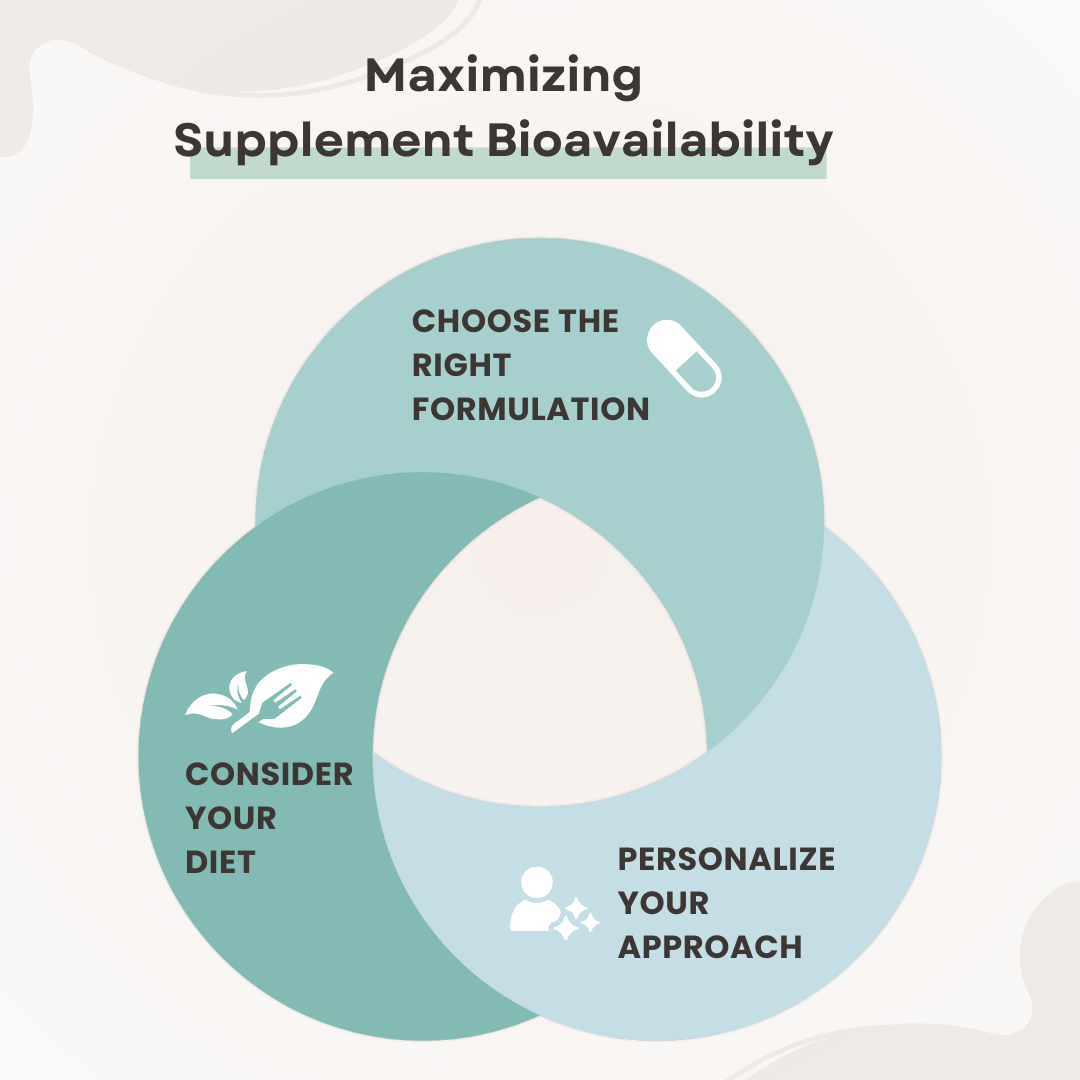
When it comes to dietary supplements, one buzzword you’ve probably encountered is “bioavailability.” But what does it mean, and why does it matter? Simply put, bioavailability refers to the proportion of a nutrient or compound that enters your bloodstream and is available for your body to use. While it might sound like a minor detail, bioavailability can dramatically impact the efficacy of supplements.
Why Bioavailability Matters
Imagine two people taking the same dose of a vitamin or mineral. One might experience significant benefits, while the other notices little to no effect. The difference often lies in bioavailability. A nutrient’s bioavailability depends on several factors, including its chemical form, the presence of other ingredients, and individual physiological characteristics such as metabolism and gut health.
Examples of Bioavailability in Action
Lipid Nanoparticles: A New Frontier in Drug Delivery
Lipid nanoparticles (LNPs) are an exciting development in drug delivery, offering better absorption compared to traditional methods. These systems, such as solid lipid nanoparticles (SLN) and nanostructured lipid carriers (NLC), use the unique ability of lipids to encapsulate drugs and enhance their absorption. They can bypass obstacles like digestion and cell membranes, making drugs for chronic conditions such as diabetes or cardiovascular diseases much more effective. Because of their flexibility and efficiency, LNPs are becoming a leading innovation in drug delivery research. (Gangavarapu et al., 2024).
Vitamin D and Obesity
Research reveals that obesity can significantly reduce the bioavailability of vitamin D, potentially increasing the risk of deficiency-related issues such as weakened bone health, immune dysfunction, and chronic fatigue. This is due to its deposition in fat tissues, which prevents it from entering the bloodstream and reduces its effectiveness in raising blood vitamin D levels. Strategies such as higher doses or alternative delivery methods, like sublingual sprays, may help mitigate this issue (Wortsman et al., 2000).
Multivitamins: Popular but Complex
Multivitamins are perhaps the most ubiquitous supplements because they offer a convenient way to address multiple nutritional gaps in one product. However, they come with a unique set of challenges. Without standardized definitions or validated bioavailability models, it’s difficult to compare products and predict their effectiveness. This lack stems from the diverse formulations and testing methodologies used in the industry, as well as the absence of universally accepted regulatory guidelines. Efforts to standardize bioavailability assessments are ongoing, with researchers exploring improved laboratory-based and human-subject models to better replicate how nutrients are absorbed and used in the body (Yetley, 2007).
Magnesium Supplements: Organic vs. Inorganic
A systematic review comparing different forms of magnesium supplements found that organic formulations, such as magnesium citrate, are generally more bioavailable than inorganic ones like magnesium oxide. However, even less bioavailable forms can still maintain normal magnesium levels in healthy individuals. The study emphasizes that those with specific health conditions, such as older adults or individuals with a magnesium deficiency, might benefit more from supplements with higher bioavailability (Pardo et al., 2021).
Coenzyme Q10: The Role of Formulation
Coenzyme Q10 (CoQ10), a compound crucial for cellular energy, demonstrates how formulation can influence bioavailability. A study tested seven CoQ10 supplement types and found significant variability in absorption. Soft-gel capsules containing either ubiquinone or ubiquinol showed the highest bioavailability. Interestingly, several physiological factors also played a role, highlighting the importance of tailored supplementation (López-Lluch et al., 2018).
How to Maximize Your Supplement’s Bioavailability
- Choose the Right Formulation: Opt for supplements with proven bioavailability, such as organic magnesium salts or lipid-soluble CoQ10 soft-gels.
- Personalize Your Approach: Factors like age, weight, and health conditions can influence how well your body absorbs nutrients. Consult a healthcare provider to tailor your supplementation.
- Consider Your Diet: Nutrients often work synergistically. For example, vitamin D absorption improves when taken with fat-containing meals.

Final Thoughts
Bioavailability is the key to unlocking the full potential of your supplements. By understanding the factors that influence absorption, you can ensure that you’re getting the most out of every supplement. It’s not just about what you take—it’s about what your body can use.
References
- Gangavarapu A, Tapia-Lopez LV, Sarkar B, Pena-Zacarias J, Badruddoza AZM, Nurunnabi M. (2024). Lipid nanoparticles for enhancing oral bioavailability. Nanoscale. 16(39):18319-18338. doi: 10.1039/d4nr01487a. https://doi.org/10.1039/d4nr01487a
- Pardo MR, Garicano Vilar E, San Mauro Martín I, Camina Martín MA. (2021). Bioavailability of magnesium food supplements: A systematic review. Nutrition. 89:111294. doi: 10.1016/j.nut.2021.111294. https://europepmc.org/article/MED/34111673
- López-Lluch G, Del Pozo-Cruz J, Sánchez-Cuesta A, Cortés-Rodríguez AB, Navas P. (2018). Bioavailability of coenzyme Q10 supplements depends on carrier lipids and solubilization. Nutrition. 48:22-29. doi: 10.1016/j.nut.2018.05.020. https://pubmed.ncbi.nlm.nih.gov/30153575/
- Wortsman J, Matsuoka LY, Chen TC, Lu Z, Holick MF. (2000). Decreased bioavailability of vitamin D in obesity. American Journal of Clinical Nutrition. 72(3):690-693. doi: 10.1093/ajcn/72.3.690. https://pubmed.ncbi.nlm.nih.gov/10966885/
- Yetley EA. (2007). Multivitamin and multimineral dietary supplements: definitions, characterization, bioavailability, and drug interactions. American Journal of Clinical Nutrition. 85(1):269S-276S. doi: 10.1093/ajcn/85.1.269S. https://pubmed.ncbi.nlm.nih.gov/17209208/
Disclaimer
The information provided in this blog post is for educational purposes only and should not be construed as medical advice. Please consult with a qualified healthcare professional before making any decisions about your health or treatment.


